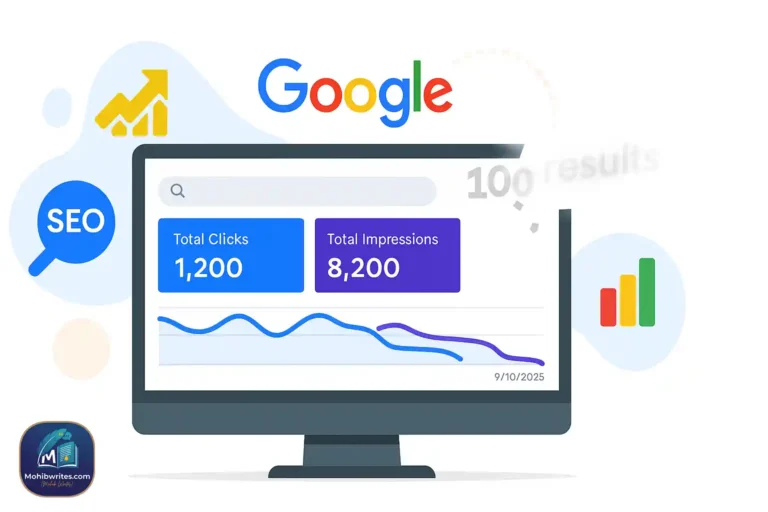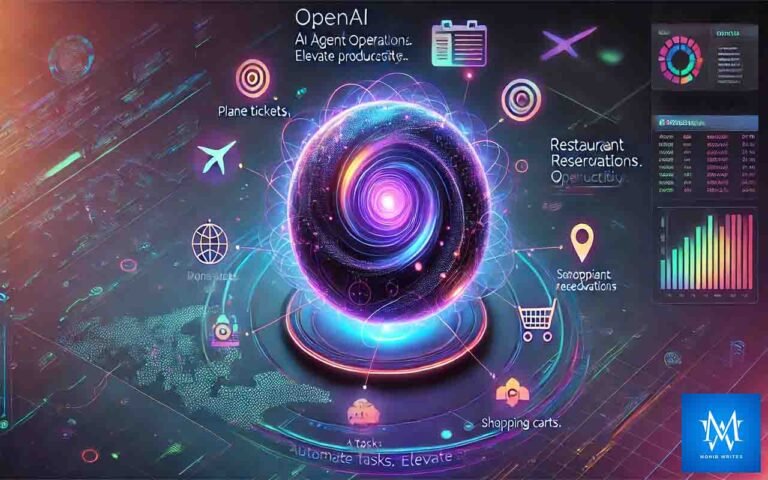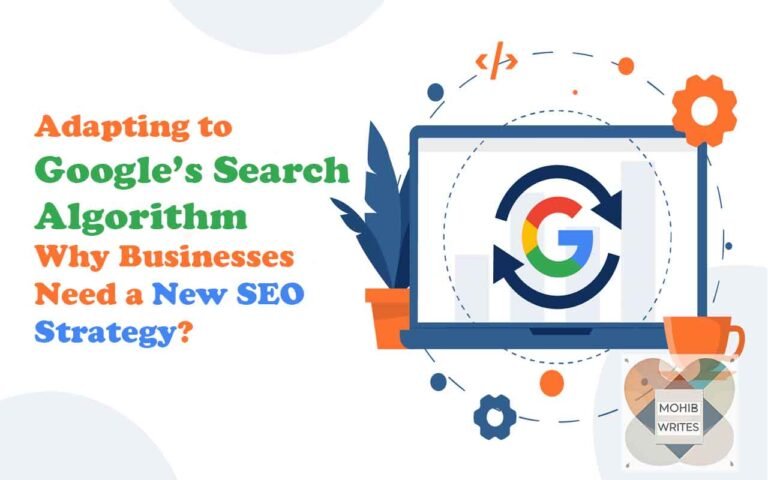In a significant move towards enhancing accessibility to artificial intelligence, OpenAI has rolled out its ChatGPT integration with WhatsApp worldwide. This new feature, alongside a free phone service for users in the US, marks a pivotal moment in making AI more approachable and user-friendly. OpenAI has recently introduced ChatGPT on WhatsApp, broadening its user base to over two billion active users globally. This integration aims to democratize access to AI-powered assistance, catering especially to those less familiar with traditional AI platforms.
Key Features and Benefits
The integration leverages WhatsApp’s vast user network to provide seamless interaction with ChatGPT via messaging. Users can now access AI-generated responses directly within their WhatsApp conversations, enhancing convenience and usability.
The Global Rollout
OpenAI’s expansion includes a dedicated phone service in the US, allowing users to call ChatGPT for up to 15 minutes of free consultation per month. This initiative aims to bridge the gap for users preferring voice-based interactions, reinforcing accessibility in diverse user scenarios.
User Experience and Privacy
Unlike previous models, such as Google’s GOOG-411, OpenAI assures users that no personal data from these interactions will be utilized for AI model training. This commitment to privacy addresses crucial concerns and builds trust among users exploring AI functionalities.
Also Read: WhatsApp Introduces Message Drafts to Remind You About Unsent Messages
Future Prospects and Adaptations
As OpenAI continues to monitor user feedback and engagement, further enhancements and adaptations are expected. The integration represents a stepping stone towards more sophisticated AI applications tailored to user needs and preferences.
Conclusion
In conclusion, OpenAI’s integration of ChatGPT with WhatsApp and its free phone service highlight its commitment to accessible, user-centric AI. This initiative expands AI’s role in daily communication and sets a precedent for future innovations in AI accessibility worldwide. By strategically using relevant keywords and focusing on user-friendly content, this article aligns with Google’s latest ranking factors. This ensures relevance and visibility in search results.







